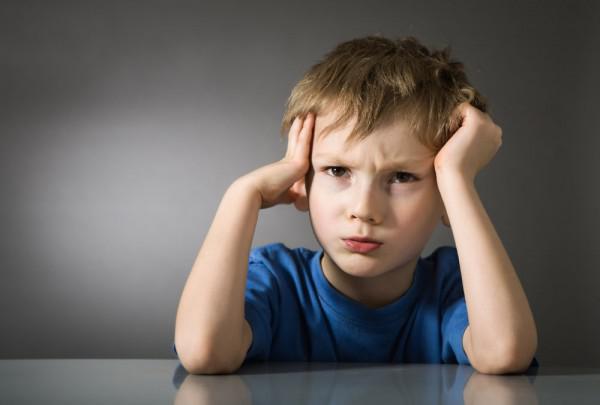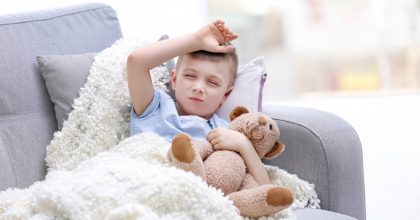
Children with migraines are at an increased risk, below average at school, than children who do not have this type of headache.
The discovery, published in the magazine neurology , Came from a study of 5,671 children from Brazil, ages 5 to 12, who showed that those with migraines were 30% more likely to be below average grades in school compared to students who did not suffer from headaches.
"The studies looked at migraines for adolescents, but less work was done to determine the effects of migraines on younger children", explained Marcelo E. Bigal, MD, Ph.D. of Merck & Co. at Whitehouse, New Jersey, director of studies and a member of the American Academy of Neurology.
For example, a previous study indicated that children who experience abuse, including emotional, sexual, and physical abuse, are more likely to develop common headaches, such as chronic migraines, later in life. Another report found that teenage girls were more likely to complain of headaches.
The researchers gathered and analyzed information about the students’ performance that the teachers gave them for the study. It was also the same data that was given to the academic bodies.
On questionnaire was also given to teachers on emotional and pay attention to behavioral issues among the children. The performers asked the parents about the children’s headache, medical history, and other critical information.
The analysis showed that:
- 0.6% of students had chronic migraines or had migraines for 15 days or more a month
- 9% had episodic migraines
- 17.6% were likely to have migraines, meaning that they all met one of the criteria for migraines and did not meet the standards for any other type of headache condition
A stronger association between migraines and poor performance in the school in children with:
- Migraines that lasted longer
- Migraines that were more severe
- Chronic migraines
- Emotional or behavioral issues
Bigal castle:
"With about a quarter of school-age children with headaches with migraine features, this is a serious problem, especially for those with frequent, severe attacks that don’t subside quickly.
Parents and teachers must take this headache seriously and ensure that children receive adequate medical attention and treatment."
RELATED ITEMS
-

Migraines can hinder children’s academic performance
Children with migraines can do worse at school than other students, a new study suggests. Children in the study who experienced episodic migraines (i.e…..
-

Migraines in children – symptoms, causes – therapy, kanyo®
Before puberty, four to five percent of children are affected by migraines 1, and around one in ten adolescents have migraines during puberty. 2 While the…
-

Migraines in children – adolescents: triggers – therapy, kanyo®
Not only adults suffer from severe headaches or migraines, children are also affected. It is about five to ten percent of children…
-

Migraines in children – parents should know that, docsonnet
Not only adults, but also many children suffer from migraines. Around three to four percent of children are said to be suffering from the painful headache…
